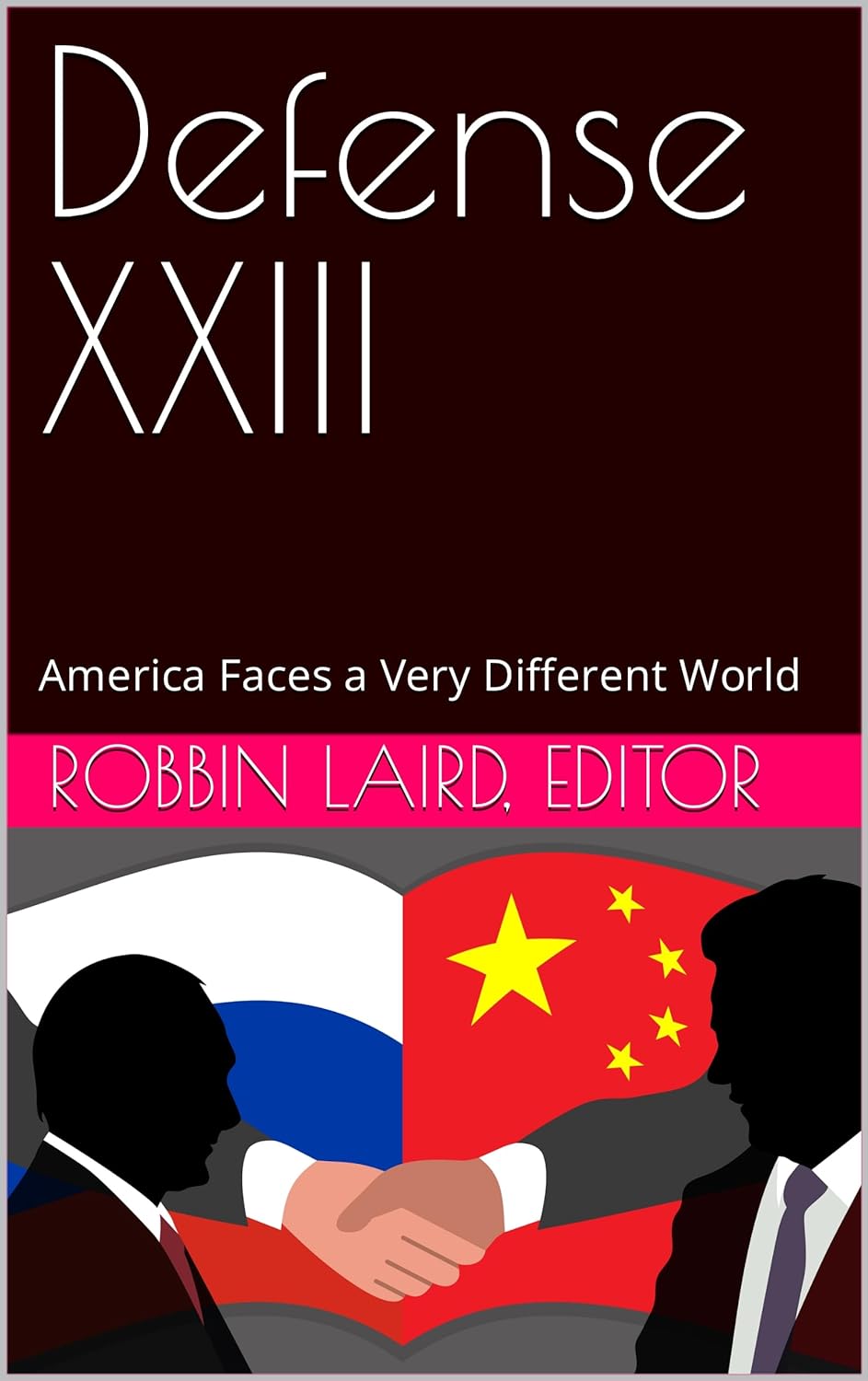This book looks at the challenge for the liberal democracies competing in a world of multi-polar authoritarian nations and movements. It draws on our analyses in 2023 of global developments, the place of America in a changing world, and the evolution of defense forces to compete in this world.
This is the fourth annual publication we have published at Second Line of Defense and Defense Information. Each of the four publications highlight themes from essays we have published during that year.
We are living in a time of compressed history, and our essays in each volume captures the history emerging in that year. We focus on defense issues, so we have highlighted some of the key developments affecting the evolution of defense and security challenges facing the United States and its key allies in that year, as well as innovations and developments in selected military technologies and concepts of operations.
This year’s volume highlights a number of key developments and dynamics in 2023. This year has been characterized by growing conflict worldwide and further devolution of the global order. We are clearly in a period of history which challenges our fundamental values and challenges us to navigate through a very difficult period of history.
Rather than a world of multi-polarity or great national power competition, a key aspect of the new historical epoch we have entered is multi-polar authoritarianism. Authoritarianism is clearly globally ascendent, but these regimes or groups do not share a common ideology or action program.
They are not in alliance, although they cooperate when convenient for their particular interests. They support splintered globalization which is when global rules exist to some extent to handle globally important exchanges but the authoritarians are not contributing political capital to maintaining the “rules-based order.”
Many of these authoritarian states or groups have roots deeply inside Western democracies and through various means operate within Western societies, rather than simply being an external threat.
These means are diverse: cyber, economic investments, economic partners who advocate their economic interest, or in the case of a number of Middle Eastern states, the impact of a migration which has not been characterized by new arrivals in the West shedding their cultural or political identities from where they came.
At the same time, the liberal democracies or the West as it used to be called, is in the throes of significant self-questioning, internal debates, rejection of capitalism as practiced the last 50 years, and the emergence of disaggregated societies in each of the Western states.
These states work together on common issues, but cooperation is challenged by internal national or regional debates (in the case of Europe.)
This new era is a major challenge to the United States and its governing elites. It no longer commands a Western shaped global order. There is no great crusade as Eisenhower wrote about.
It is about national interests and winnowing commitments to the availability of resources, whether military or financial. The governing elite has not practiced or thought in terms of such discipline and the gap between the evolution of the new era and American leadership is clearly out of phase.
This is our first book published in 2024.




